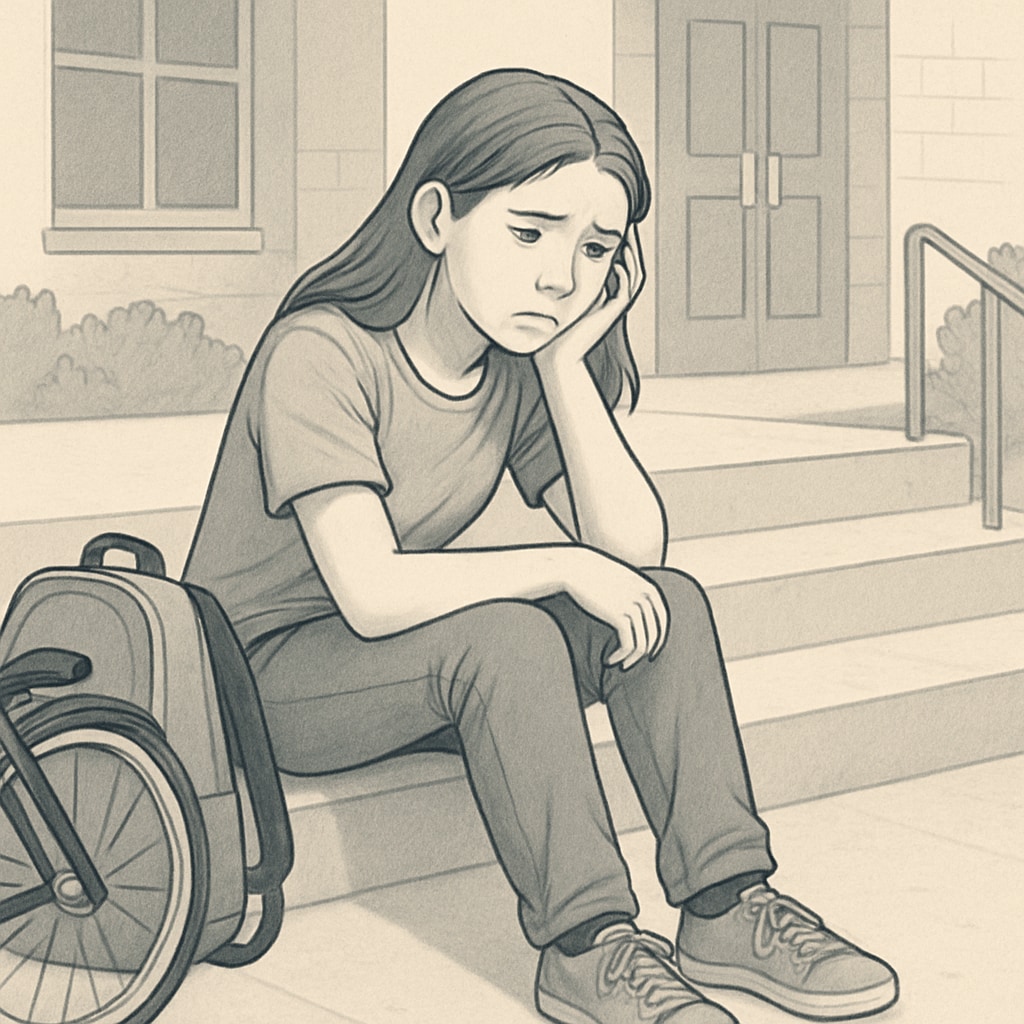When a 15-year-old girl in the UK sought a school transfer due to severe mental health challenges, her journey should have been met with immediate support and care. Instead, she found herself entangled in a web of administrative inefficiencies, resulting in 22 weeks of lost education. This story highlights the intersection of school transfer, mental health, education rights, and ADHD assessment, exposing the systemic failures that jeopardize young people’s futures.

The Intersection of Mental Health and Education Rights
Education is a fundamental right, yet for children with mental health challenges, such as anxiety or ADHD (attention deficit hyperactivity disorder), this right is often undermined. The 15-year-old girl in question had been diagnosed with significant mental health concerns, which necessitated her transfer to a more supportive school environment. However, despite her family’s proactive approach to addressing her needs, bureaucratic delays and miscommunication between local authorities and schools resulted in her being left without education for an extended period.
According to UNICEF, every child has the right to quality education, regardless of their circumstances. But in this case, the administrative process failed her. The lack of a streamlined system for addressing school transfers for children with specific needs contributed to her prolonged absence from the classroom.
Administrative Barriers in School Transfers
Administrative challenges often arise during school transfers, particularly when mental health or special educational needs are involved. In this case, the girl’s transfer was delayed due to incomplete assessments, including an ADHD evaluation, and slow communication between institutions. These barriers created a gap in her education, exacerbating her existing mental health issues.
For many families, navigating the education system can feel like solving a maze. They face obstacles such as:
- Long waiting times for assessments, such as ADHD evaluations.
- Inefficient communication between schools and local education authorities.
- Lack of clear guidelines for addressing urgent educational needs.
Such systemic inefficiencies not only harm the child’s education but also place unnecessary stress on families trying to advocate for their children.

Building a More Inclusive and Responsive System
This case underscores the urgent need for a more inclusive and responsive education system. Policymakers and educators must take proactive steps to ensure that children with mental health challenges are not left behind. These steps could include:
- Streamlining school transfer processes with clear timelines.
- Providing immediate interim educational support for children awaiting placement.
- Increasing funding for timely ADHD assessments and other mental health evaluations.
- Enhancing training for educators and administrators on handling mental health-sensitive cases.
By addressing these issues, we can create an education system that prioritizes children’s well-being and ensures that no child’s learning journey is interrupted due to bureaucratic hurdles. For further reading, explore the concept of education on Britannica to understand its broader societal implications.
In addition, schools must foster a culture of inclusivity and flexibility. Providing tailored support plans for children with mental health needs can help bridge the gap between diagnosis and educational progress.
Conclusion: No Child Left Behind
The story of this 15-year-old UK girl serves as a reminder of the critical relationship between school transfer, mental health, education rights, and ADHD assessment. Administrative inefficiencies should never stand in the way of a child’s right to learn. By taking meaningful steps to reform the system, we can ensure that every child, regardless of their challenges, has access to the education they deserve.
Let this case be a call to action for governments, educators, and communities to work together in breaking down the barriers that hinder children’s access to education. After all, the right to learn is not just a privilege—it is a necessity for building a brighter future.


